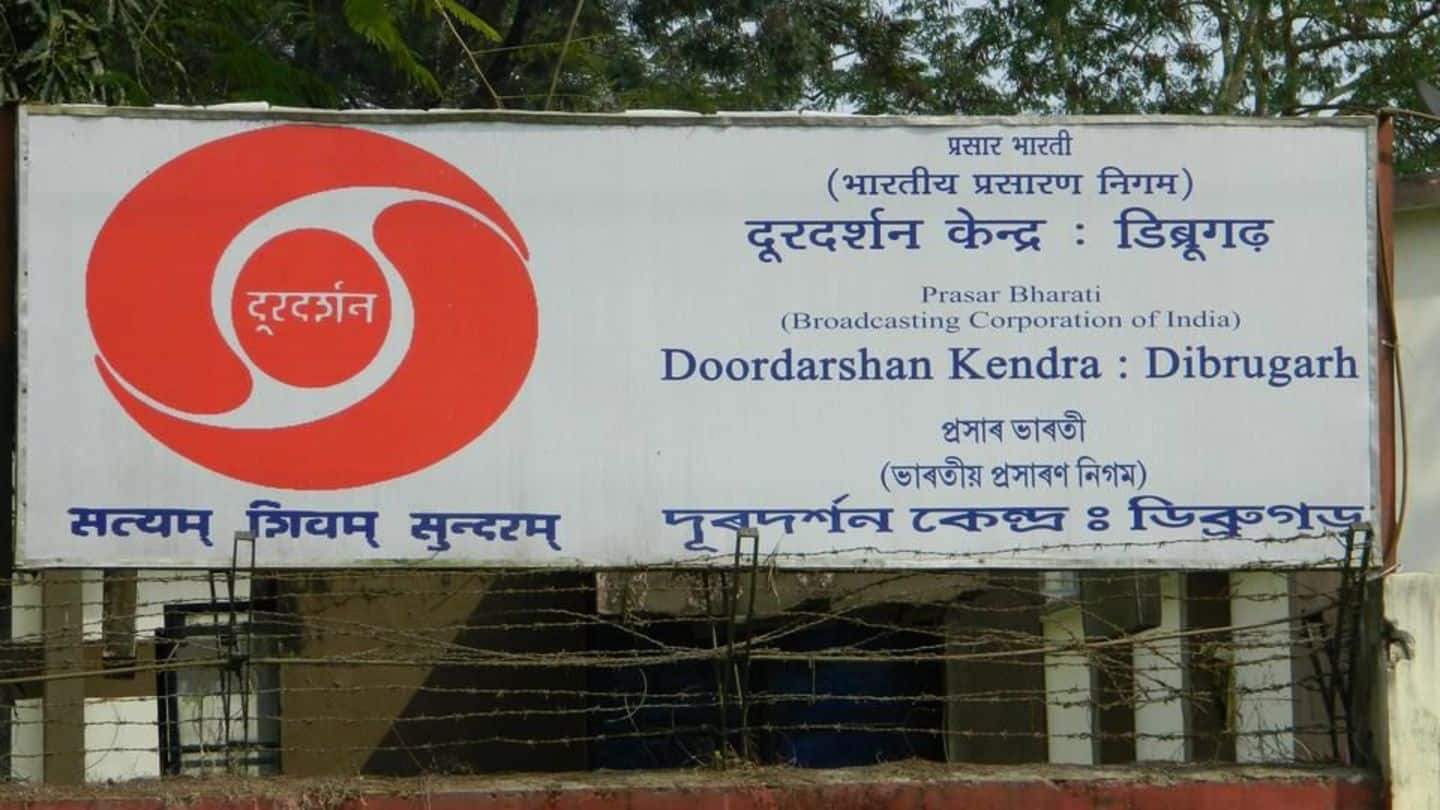
How Doordarshan's revolutionary Free Dish helped private companies instead
What's the story
In 2002, Doordarshan launched DD Direct, a direct-to-home (DTH) service run by Prasar Bharati, to compete with emerging competitors. The potential was large. However, flawed decisions and improper implementation of plans have left it in the lurch: in just two years, it registered a loss of Rs. 4,785cr. In fact, it even unintentionally helped private players bloom! What went wrong for the broadcaster?
History
The beginning of the downfall
When it started, the DD Direct, also called Free Dish, was a free platform. In the few last years, it managed to reach 25mn households: faster than the growth of the entire DTH industry. At some point, commercialization entered the scene. DD started auctioning slots to private broadcasters. Now there's an auction every few months. Presently it carries 80 channels, 24 DD and 56 private.
Ratings
But DD didn't expect a consequent massive decline in ratings
Despite grand intentions, the plan backfired badly. For one, it shifted a huge proportion of DD's viewer base to private channels, leading to fall in ratings and revenue. According to the Broadcast Audience Research Council, the top 15 channels on Free Dish had Gross Rating Points between 50-80; in complete contrast, DD channels' abysmal GRP ranged from 0 to 3.
Ads
A flawed advertising model meant downfall in revenues too
A major factor that led to losses was the advertising model, which stipulated private operators don't have to share revenues with the platform. So while a channel pays DD Rs. 8cr annually for transmission, it generates up to Rs. 2,500cr in revenue. DD's ad revenue fell from Rs. 1,301cr (2014-15) to Rs. 475.7cr (2016-17); Rs. 318.06cr came from government ads, thus actual revenue was Rs. 157.59cr.
Do you know?
Private operators on DD Direct pay no taxes, are public-funded
Private operators on Free Dish also get tax relief: while broadcasters on non-free DTH platforms have to pay 8% license fees and other taxes of 20-40%, those on DD Direct are spared despite huge revenues (since the government-owned DD Direct doesn't need a license).
Department
Did the absence of a marketing division play a role?
Surprisingly, India's public broadcaster, the largest terrestrial network in the world, has no independent marketing division. Such lacking schemes might have been a result: eg, DD charges up to Rs. 65,000 per 10 seconds of screen time during primetime slots; in comparison, private channels charge Rs. 90,000 - Rs 1.2L for similar slots. The I&B Ministry provides over half of Prasar Bharati's annual budget.
Factors
The other factors at play
Former Prasar Bharati chief Jawhar Sircar blames DD's "lack of ambition, incompetence and half-baked policies" rather than competition. Interestingly, all of DD's ionic shows- 'Nukkad', 'Mahabharat', 'Buniyaad'- were created by private producers. The autonomous corporation doesn't have autonomy in hiring either: public recruitment agency BECIL handles recruitment. Sircar says speed, adaption, learning and re-learning has to be intrinsic to compete in today's media sector.
Status
It took long for the broadcaster to wake up
To put things in perspective: DD lost Rs. 2,844.1cr in 2016-17. In 2015, it garnered 115mn impressions, while the most-viewed channels earned 400-700mn. Even after the commercialization of DD Direct, granting relief to private operators despite being deep in losses was unfair, industry players feel. The I&B is now reviewing DD Direct's slot auction process; e-auctioning remains suspended as of now.